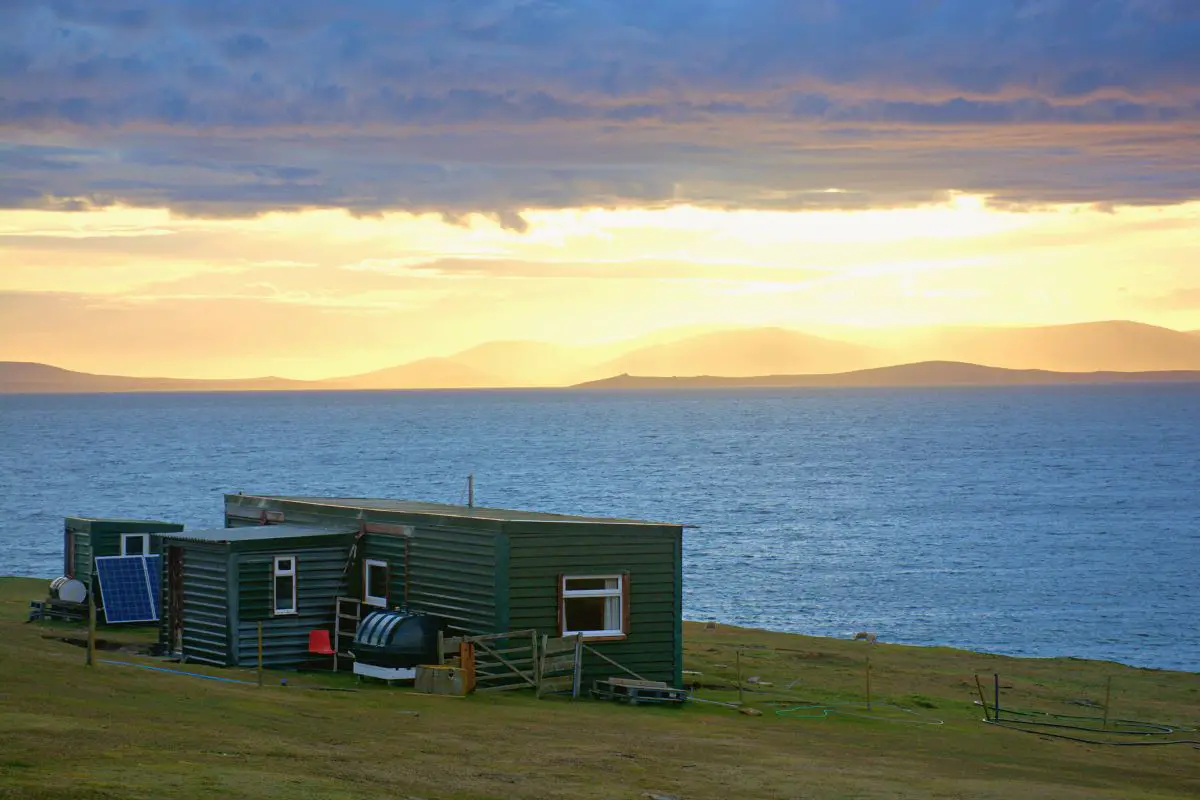What Does Living off the Grid Mean | + Costs you may incur
At some stage in our adult lives, we look around and analyse everything we have achieved, what we are doing, and what our future goals are. It’s a sobering feeling when you realise what you want from your life is not what has been sold to you as a dream.
Related Articles: How Do Solar Panels Help Climate Change? and How Does a Septic Tank Work?
You get sick of the rat race, spending all of your time working hard to earn money to spend on things that you don’t need. Many people find the well-trodden path to be mundane and unfulfilling.
With the technology available to us in the modern day, there are many more options to find a lifestyle suitable for you. Be it a lifestyle where you work remotely as a digital nomad, a growing number of people convert a van into a mobile living space and travel around, and some, choose to live off the grid.
Living off the grid is a difficult and complex life choice. The basic premise of it is you remove yourself from society as much as you can. You live in, around, and off of nature the best you can. You aim to be sustainable and self-sufficient with little to no reliance on modern-day amenities. Those who choose this lifestyle are often fed up with the day-to-day grind and want to get as far away as possible from the life they know.
If you find yourself in a situation where you are considering such a radical move, then you must know that though it can seem like a dream life, it’s very difficult to achieve. It requires a lot of research and planning. It may also require some considerate financial investment – at least initially! Hopefully, this article will help you with some ideas and considerations.
Where should I live?
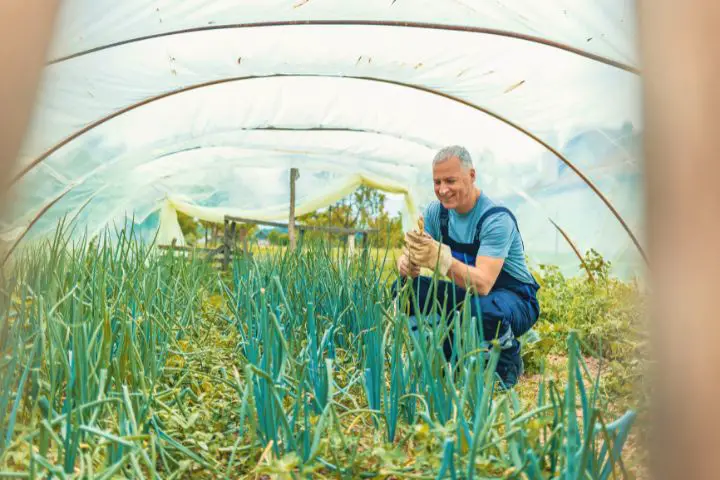
When it comes to real estate and even retail, there’s that famous old saying ‘location, location, location’, and this is no different when it comes to choosing where to live off-grid. If anything, it’s even more crucial to find the right place to live, when you are depending on the nature around you.
What are the laws and regulations for off-grid living? Is the land good for farming? It’s important that the land is fertile, not only for the food you will grow but also for livestock raising, if you go down that track.
You must check to see if your location is close to a water source! Being one of the most important elements for both humans and animals, having a river, lake, stream or any other source of freshwater can be the difference between an idyllic life and an uncomfortable one. Investing in a quality filtration system will go a long way in ensuring you have a solid water supply.
Another added advantage would be to live near a forest, jungle or woodland. There will be plenty of animals to hunt, vegetation and importantly, a huge supply of wood for you to use to build and use as fuel.
Also, be sure to check local land laws. Would you need planning permission from a local council to build or make changes? Are there any taxes you need to know about? The more research you do before making the move, the more prepared you will be.
What should I live in?
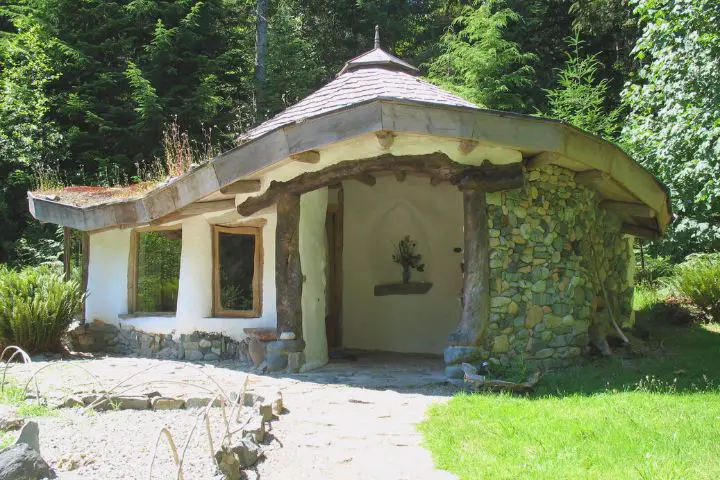
Once you have found a location which is suitable for your needs, you then need to figure out what type of structure is best for you. Take your time with this, no matter how tempting it may seem to rush this step, don’t, because you will be paying for your lack of attention to detail for as long as you live in that structure.
There are a ton of different options, most of them which you are probably not too familiar with. So take your time to research, read reviews and other people’s experiences, and speak to any people who live a similar type of lifestyle. Some of the popular options you have are;
- Tiny Houses
- Converted Portable Cabin
- Converted Shipping Container
- Cob House
- A-frame Cabin
- Earthship Home – built from recycled and natural material it’s designed to use ventilation and thermal mass to regulate indoor temperature as well as using rainwater and sun to help power the home.
What are my start-up costs?
Getting out of the system is no joke, and it doesn’t come for free. You would have to save a sizeable amount of money in order to make the move and set yourself up. So let’s take a look at the main start-up costs you will incur:
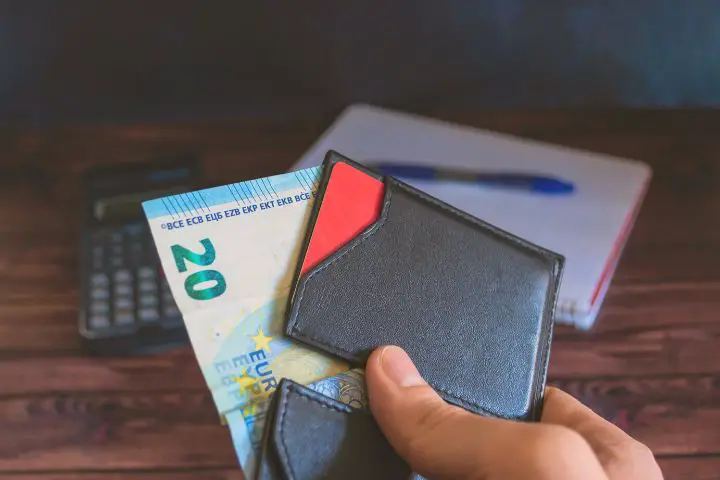
- Land – probably the costliest expense. This all comes down to the property prices of the area you are looking in and what the market is like. If you are looking to raise livestock and grow your own food then you need a minimum of a few acres of land. The larger your land, the more you can do with it, naturally, however, it will cost you more.
- House – the next costliest expense, possibly the most expensive depending on what type of home you choose, will be the structure of the house. With it being off-grid, whatever you choose will have to be customised for the area it will be in and also for your specification. It’s advisable to spend that little bit more to get a house suitable for your needs to make your life easier going forward.
- Electricity, Water & Heating – things we take for granted in city and suburban life are still essential for living. Being off the grid, how are you going to power your home? Where is heat and light going to come from, and what will you use as a clean, sustainable water source? These are all imperatives which need to be looked into with great thought and detail, but what is for certain, is that it will cost you a medium to high amount to get all three secure. More on this later…
- Livestock – it’s common to find those who choose an off grid lifestyle to rear animals. Chickens, goats, cows etc. are a natural source of food through all they produce. However they are an additional cost to initially purchase them, and then there are running costs to feed, tend and raise the animals.
- Agriculture – another essential aspect of off grid living is agriculture. Growing your own fruits, vegetables and food are an important part of becoming self-sufficient and environmentally friendly. There have to be special conditions you must create, in order to allow yourself the best chance to grow quality crops, and that of course will cost you money.
You must work within the set budget you have set yourself and it’s okay to compromise on certain things, but in the long run, all of these are investments that will pay off by making life much easier. You’re better off waiting and delaying your plans to save up, than rushing into the move and regret it later.
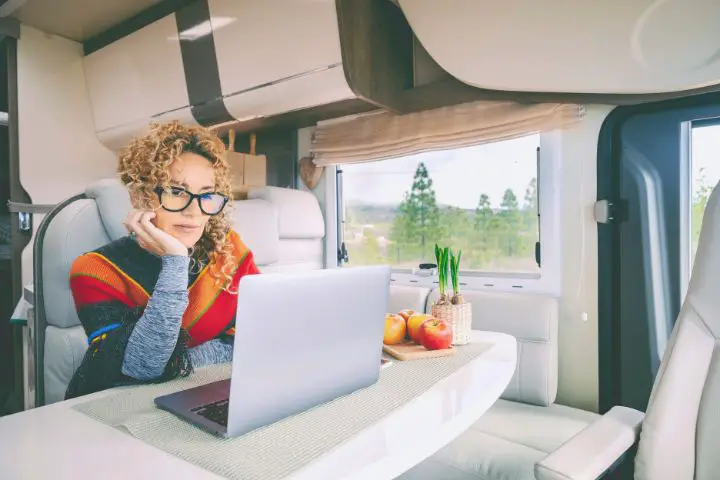
What are my recurring costs?
Now that you’ve got your initial costs out the way, you need to look into some of the things that are going to force you to reach into your wallet on a regular basis.
- Taxes – it doesn’t matter where you go, you can never get away from taxes.
- Insurance – property and health
- Wood
- Stoves
- Propane
- Feed for animals
- Farming costs
- Waste disposal
- Equipment and replacement parts
- Fuel
Please know that these are just a few recurring costs and when it comes down to it there will be plenty more!
Where do I get energy from?
The term ‘off-grid’ has been coined from being off of the electric grid system which powers entire countries. Getting yourself away from the mainstream is commendable, but living without power is a hard life. There are a few options available such as generators, but a more common, recommendable, sustainable and eco-friendly option is installing solar panels – often combined with storage.
What are Solar Panels?
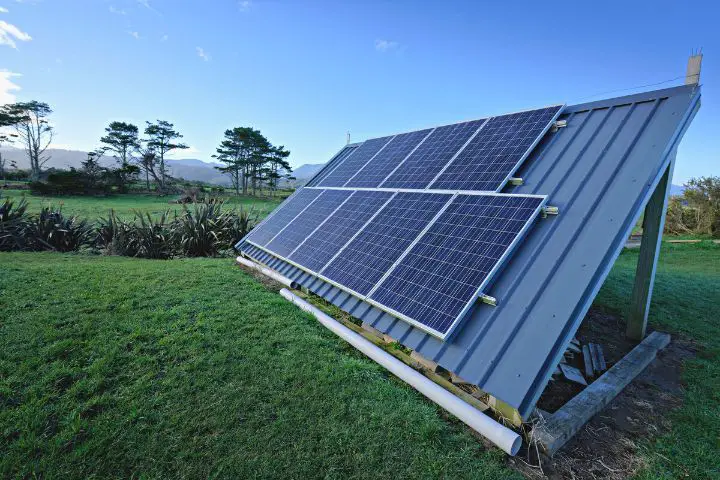
Put simply, solar panels are a type of equipment used to convert sunlight into energy that can be used in our everyday lives. Typically, for domestic use purposes, these panels are often installed on rooves, supported by frames and brackets.
Closely related to solar panels, solar tiles have the same function of producing energy by converting sunlight. However, the technology that allows such conversion is in-built into the tiles that go on to make up the roof.
Are they worth it?
Solar panels generally produce a minimum of 16% efficiency level, with the higher-end panels producing levels of up to 22%. They are also relatively quick to install and most of them come with a 25 year warranty, as they are expected to work for over 20 years without any problems.
Are they safe?
They are also very well built, a common worry is if they will fly off or cause leaks when exposed to severe weather, however, it’s uncommon for these things to occur as they are built with high-quality ingredients and installed by experienced and certified experts. It’s best to speak to these experts and inform them about your particular off grid property and they will be able to tell you what specific challenges you will face and how to overcome them.
Are they cheap?
The simple answer is, no. Setting up solar panels is expensive. There is no getting around that. The absolute lowest a solar panel would cost you is $3,500, however you get what you pay for and this is not recommended. Solar panels on the top end of the scale can go as high as $35,000! The average is said to be in the region of $16,000. You may also need to invest in an energy storage device.
These are some serious figures and you have to spend a significant amount of money in order to save some in the long run. Unfortunately, not everyone has the luxury of being able to spend that much on a long-term investment.
How do I deal with Waste?
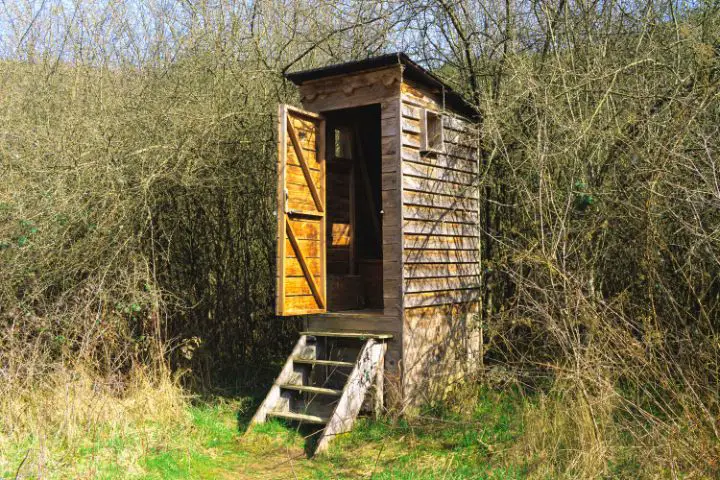
Another very important part of preparing to live off grid is sorting out a sustainable waste disposal system. Done incorrectly and it can have serious consequences to the environment and your own personal health!
Having a compost toilet definitely helps as not only does composting fight against climate change, it also works to improve the quality of the soil we use to grow our food.
A more long-term solution, however, is installing a septic tank. Septic tanks have proven to be an environmentally beneficial way of getting rid of your household waste.
Through the process of storing, filtering, and releasing waste into surrounding soil, septic tanks can make good use of the waste in your home!
Households in rural areas usually use septic tanks more than cities. A septic tank is usually installed underground close to the home and can be made of concrete, plastic or fibreglass.
FAQ’S
Does Off Grid living lead to loneliness?
Turning your back on society as we know it is a daunting task. We have become so dependent on luxuries that it’s hard to go back to the basics. Solitude is often associated with off grid living, which is true but only to a certain extent. Many people do choose to go off into the wilderness and live by themselves, but many create a community. One where a group of people live across one area of land and help each other get through the challenges you face on day-to-day when living off grid.
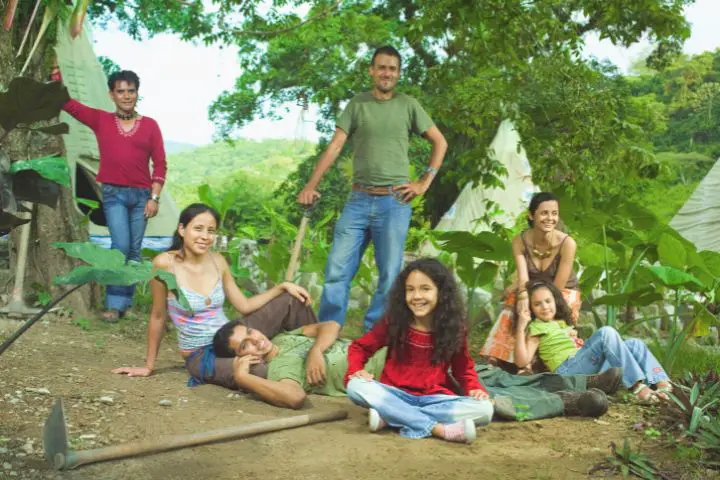
A bit of research will help you find these societies, where you can go and visit and speak to the more experienced people within the lifestyle. You will get tips and advice and some of your most difficult questions answered.
Are there alternatives to an off grid life?
As times have changed, so have our options. Living off grid is something people have done throughout time, but in recent years a new trend has started; off grid van life.
Customising a van, bus, or vehicle of any sort and turning it into a functional living space is a trend which more and more people have converted to. The requirements of van life share the same principles of living off grid but are quite different in reality, so it’s best to research specifically into off grid van life.
If incorporating plenty of travel into your off grid lifestyle is more appealing to you than just choosing and settling in one place then this option could be the one for you!

